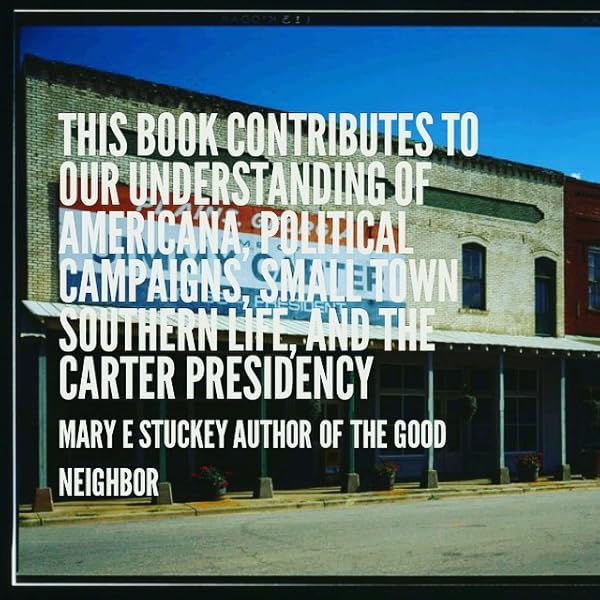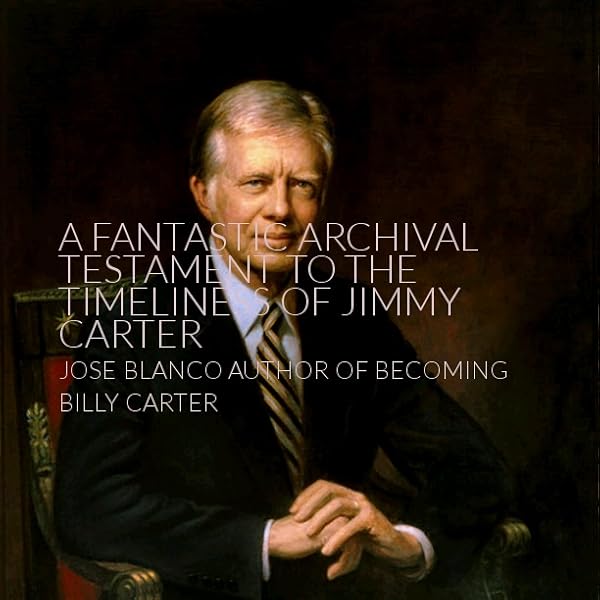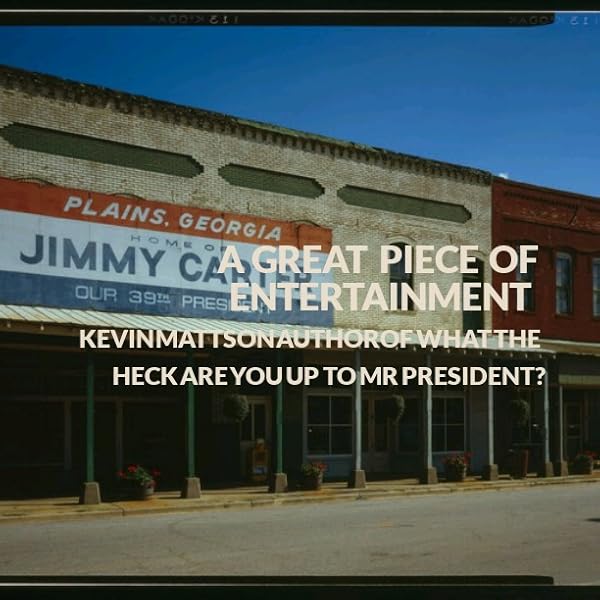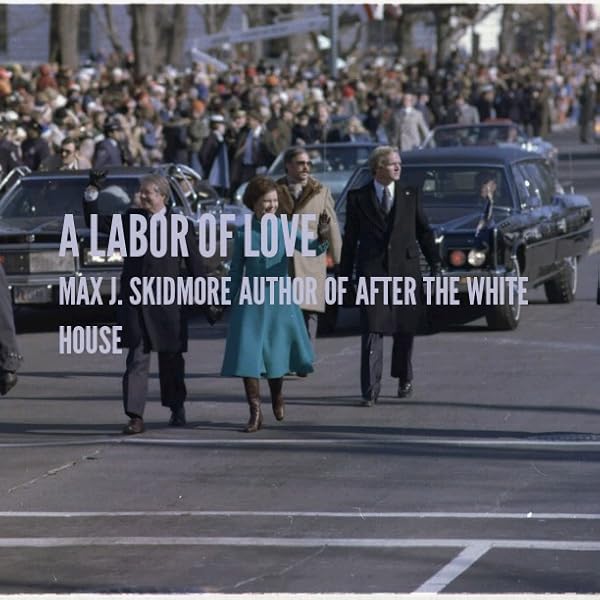the party system in Great Britain and it's evolution from the days of Tories and the Liberals, to New Labour and Coalition governments. The purpose of beginning our story with the departure of Brown and the birth of the Conservative Coalition is to prove a major political point. (Gallagner,Lavar,Mair, 2011) The difference between politics and policy and the fact that politics does not exist in a vacuum. The whole reason way Brown was not named Party leader in 1994, was because he was not a reform minded Labour Leader. He was more of a socialist in his thinking than Tony Blair. Blair was able to modernize the party and lead it to victory in much the same way as President Clinton had done before him. But like both Blair and Clinton, they were able to move the people toward a central view of government but not their respective parties. (Gallagner,Lavar,Mair, 2011) Brown was prime minister of a party and a nation left exhausted by their former leader's short comings but hopeful due to his grand designs and achievements. But, Brown was still the man he was in 1994. He had not reformed, he was not part of a new Labour mentality, and it showed. He did not realize that his own views were left in a vacuum, while the world continued to move without him. He had become a failed double treaded, a leader far past his "use by" date. (Gallagner,Lavar,Mair, 2011).
In terms of the difference between Policy and Politics, there was in this case as there always is a victor and a loser. Brown was the loser because will he was the better administrator; he was not the better Prime Minister to David Cameron. (Gallagner,Lavar,Mair, 2011) He and with him Labour, was not willing to move or change their policy to allow the Liberal Democrats to join them in a Coalition. (Gallagner,Lavar,Mair, 2011) Cameron on the other hand has provided after over two years in the role to be a Prime Minister of amazing skill but without a core. He is not a traditional Prime Minister in the same way he is not a traditional Conservative.(Gallagner,Lavar,Mair, 2011) Sure he will for political goals label himself as such, but when it comes to getting his hands dirty, his political soul mate is Barack Obama. While Obama has a great passion for policy in much the same vain as Brown, and does have a strong core and series of convections, he is also at his heart a man of compromise. Cameron was able to move mountains with his party in order to form his Coalition government. (Parties and Election in Europe). It is this political flexibility that has evolved in the parties of Great Britain and it is the main reason why Brown was forced to resign two years ago. (Gallagner,Lavar,Mair, 2011)
Originally the two major parties in England were the Tories or Conservatives and the Whigs. The Whigs were the supporters of unions and the working class. There ideals can be traced back all the way to the English Civil War.(Liberal Democrat History Group). They were generally seen as having soft support for the monarchy. In fact there was a few times were the Whigs and then the Liberals would win the majority, but the monarchy would still select a Conservative Prime Minister. (Liberal Democrat History Group). Before long the Whigs would reform there party and become known as the Liberal Democrats. Under Gladstone the liberals would come to power several times and with parliamentary reforms being introduced and then passed, enfranchisement was extended to all citizens. (Liberal Democrat History Group). This would open the flood gates for public involvement in government and would also dramatically affect how party politicals was conducted throughout the two major parties. It would also lead to the creation of several other smaller organizations and political parties. One of these to be created in the aftermath of these many different reforms was the Labour party. (Liberal Democrat History Group).
The conservative party has it's origins in the upper class, with many member of its ranks in parliament retiring into the lordship. (Seldon, 1999) They have seen the start of public politics in the United Kingdom, been seen to represent the interests of the upper classes and private industry. To say that those in the modern Conservative party support the rights of private property owners, may not seem extreme now. (Seldon, 1999) But, back in the late 1800's and early 1900's, it had a very different meaning attached to it. It was the stated goal of the upper classes to enforce the weakening powers of the lords of the land, (Seldon, 1999) to keep those in the working poor in their place and to deny them social independent. Whenever there was a constitutional crisis in England, it was over the power struggle between the Lords and the common man. In time it did get a bit easier of course. (Seldon, 1999) Toward the early 1900's members of the conservative party were becoming more common in origin and soon were starting to think closer with their liberal counterparts. (Seldon, 1999) Then when a constitutional crisis did take place it would be over the house of commons passing a bill and the house of lords blocking it from passage. In the end, the king would have to get involved.
The conservatives and the Liberals would trade majorities in their own periods of alternating predominance for the next several decades. (Seldon, 1999) But, following the Ministership of Lloyd George, there would never again be a Liberal at number ten. In the 1920's you begin to see both the Labour party and the Conservative party combining their efforts to defeat the liberals. (Seldon, 1999) You see the Liberals going from a period of total majority to long districts long thought safe. Similar to when in the presidential elections of the 1920's, when the Democratic party would lose southern and beltway states.(Seldon, 1999) Liberals did not survive their political wilderness and refused to change either their perspective or ideals. The Labours would gain the support of the working classes and would begin to demand more relief to the poorest elements of their constituents. (Seldon, 1999) In time it would have profound results. It would lead to the first Labour majorities and it would preserve the government of Great Britain against the more radical political forces of the time period. (Seldon, 1999)
Following the coalition national government that took place during the Second World War, the Labour party won a massive majority. (Gallagner,Lavar,Mair, 2011) Yet, it would prove to be its last for some time. It would take another few general elections for a Labour Prime Minister to come to power, (Gallagner,Lavar,Mair, 2011) yet, every time they would prove slowly unpopular to voters and ineffective. Advocating old style socialism and popular Labour social views seemed to only block them off of electoral rewards. The conservatives would gain long periods of time in the majority. (Gallagner,Lavar,Mair, 2011) Through the Ministership of Thatcher and Major, the Labour party was trapped in the minority. This would be known as their winter of discontent. (Gallagner,Lavar,Mair, 2011) At the same time, there were two stars within the Labour party that were beginning to do great things within the shadow government. Tony Blair and Gordon Brown were the leading voices of loyal opposition. The years of Thatcherism was seen as intensely partisan and was very divisive on the people of Great Britain.
Following the shocking Conservative victory of the 1992 general election, a major political overhaul was called for within the Labour party. (Gallagner,Lavar,Mair, 2011) Yet, the party elders did not wish it, they felt it was important to seem constant in nature and in ideals. It is important to note that Brown was himself a fan of what Clinton was doing to the US Democratic Party, but he was still very passionate about the traditional socialist promotion and defend of unions and workers. (Gallagner,Lavar,Mair, 2011) But Blair was already starting to promote a third way of politics, one that stays to the center, that is compassionate towards the people's problems, but is also tough of the causes of these problems. New Labour would lead Tony Blair to the leadership of the Labour party and would three years later give him a supreme majority. (Gallagner,Lavar,Mair, 2011) The 1997 general election would give Labour its first majority in since the 1970's and would change the political landscape of Great Britain. (Gallagner,Lavar,Mair, 2011) It also saw a major shift in the ideologically beliefs of the Labour Party. While during its own years in the minority during 1997 to 2010, the Conservatives began to portray themselves as more compassionate to the needs of the common man, that this Conservative party was not Thatcher's Conservative government. (Gallagner,Lavar,Mair, 2011)
At the same time a party founded in the late 1980's was starting to gain some visible support. (Whiteley, 2011) This party was a result of a merger between the social democrats and the remaining liberals. The Liberal Democrats were soon going to fill the void for those that were beginning to see new labour as too moderate or conservative. (Whiteley, 2011) They were free market liberals and they were social liberals. (Whiteley, 2011) They were impressive grassroots organizations and were closing in on the conservative minority in parliament in terms of seats. In 1997 they had 16 percent of the seating, by the 2010 election it was nearly 25 percent. (Gallagner,Lavar,Mair, 2011. It will be at least another two general elections before the Liberals can have enough support to gain a majority. But, at the present that seems to be were the nation is headed. After decades of partisan Conservatives and Moderate Labour that proves itself to be polarizing in the majority. The nation is sitting its sights on another course of ideals to move the nation forward. The momentum is clearly on the side of the Liberal Democrats. (Gallagner,Lavar,Mair, 2011)








 It is a great honor to have this book blurb by matthew Algeo author of the Books Harry Truman's Excellent Adventure: The True Story of a Great American Road Trip and The President Is a Sick Man
It is a great honor to have this book blurb by matthew Algeo author of the Books Harry Truman's Excellent Adventure: The True Story of a Great American Road Trip and The President Is a Sick Man